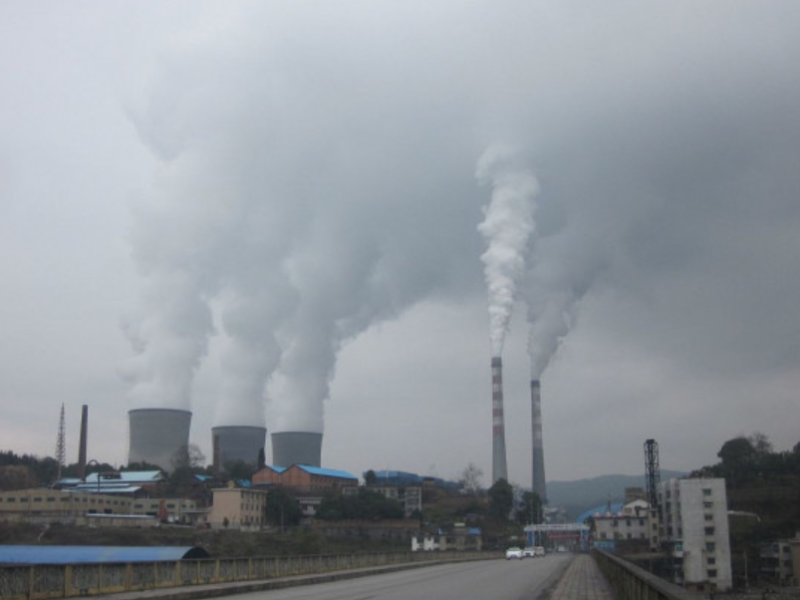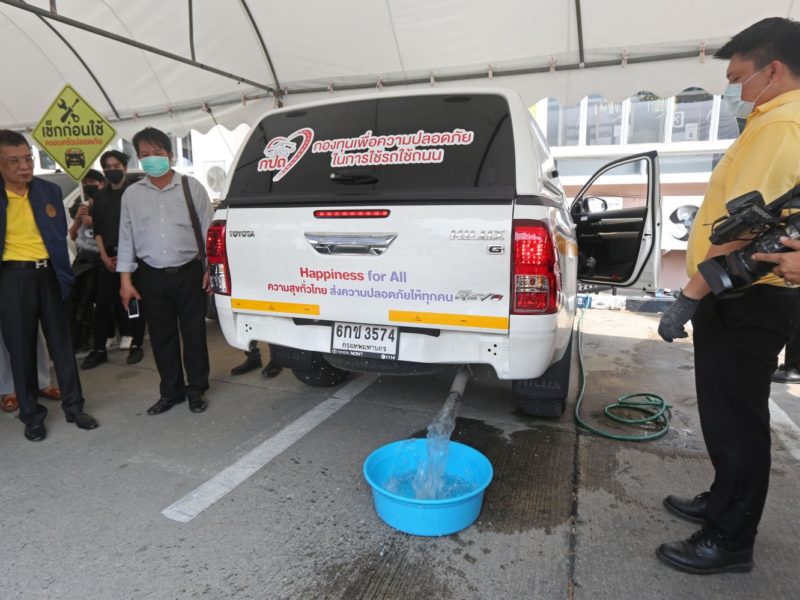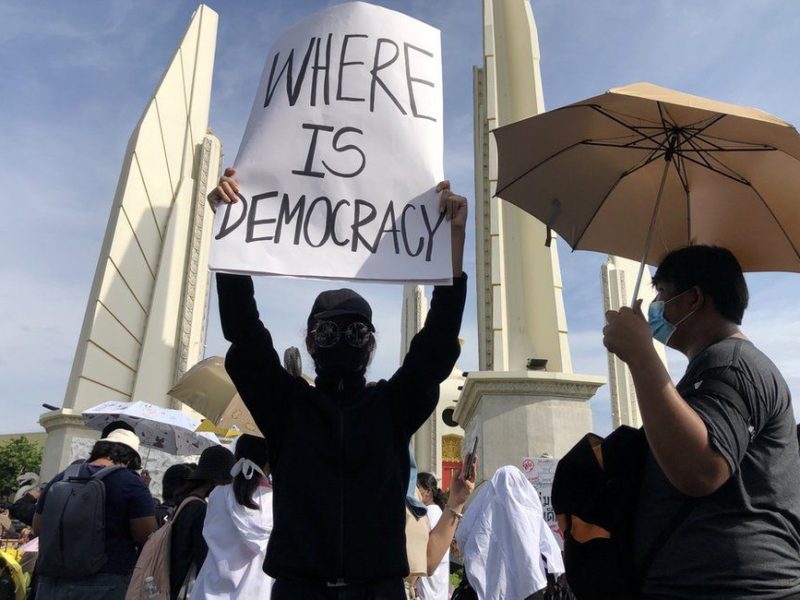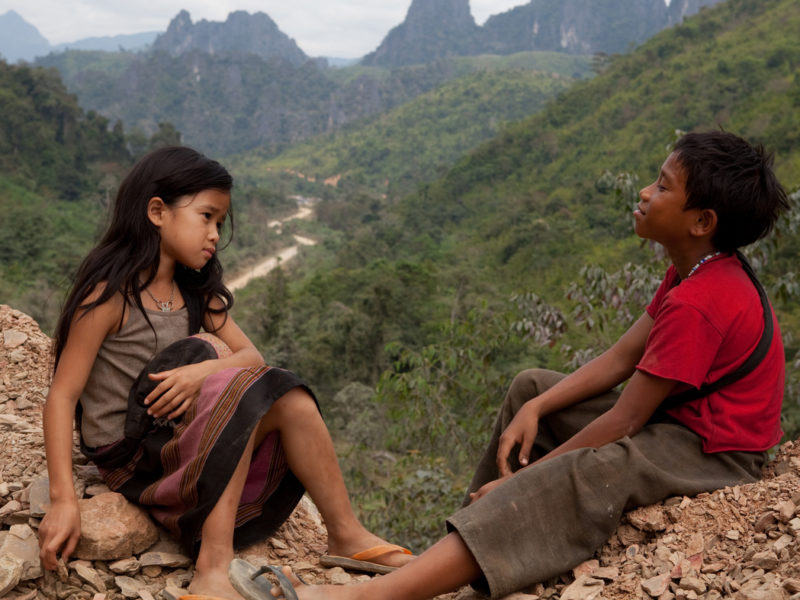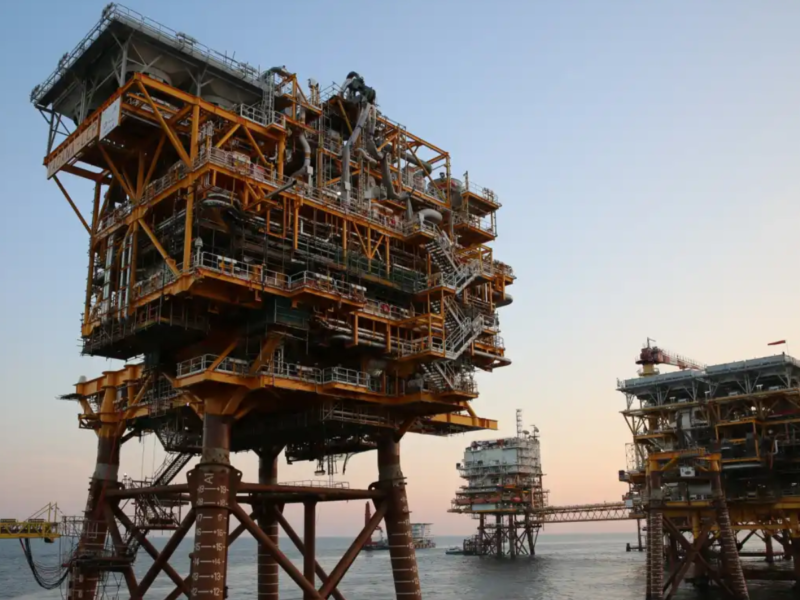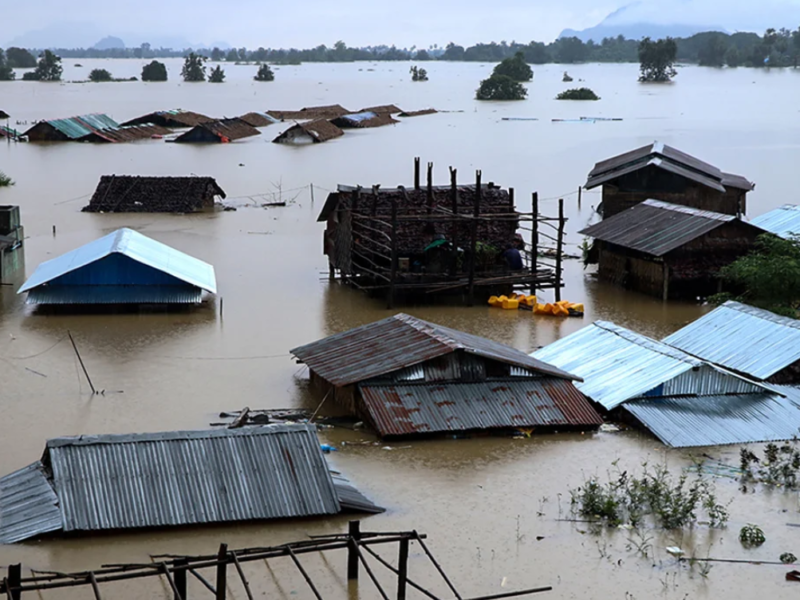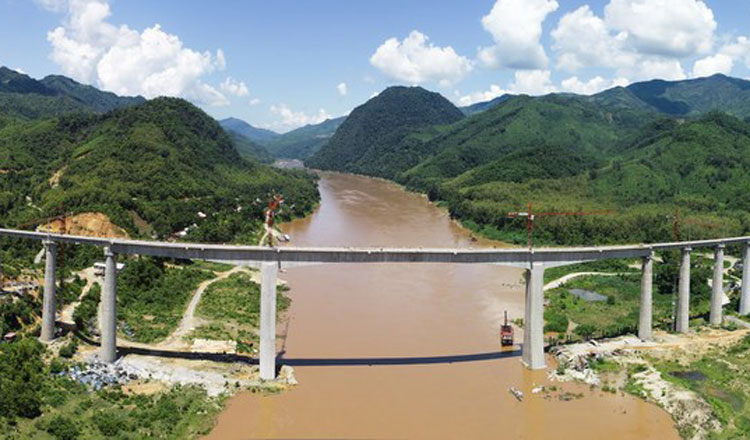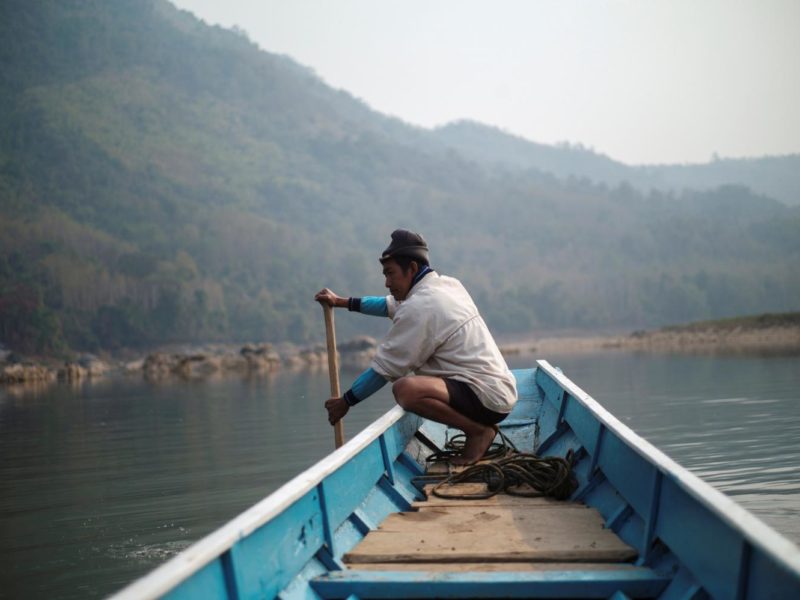Our people have already felt the impacts of the climate crisis— so a recalculation of energy policies is necessary for Cambodia now as the worst is yet to come.
Category: Opinion
Collection of opinions relevant to the Mekong environment published in media outlets across the globe.
Fight the PM2.5 war for clean air now
Without effective policies to curb the rise of PM2.5 pollutants, the health and environmental impacts will soon become too acute, causing unimaginable health costs and destroying the country’s economic standing in the competitive global arena.
Implications of new draft law on NGOs
Indeed, the government’s concerns over the state’s security, especially those pertaining to the monarchy, are one of the major reasons for the new draft. In the past five years, local NGOs with foreign funding have adopted an active platform calling for political and constitutional reforms — some with references to the royal institution in the most radical ways. This trend has intensified over the past year leading to all kinds of conspiracy theories between donors and recipients regarding the country’s political landscape.
Urgent responses to climate change in the Mekong river are required
With rapid economic development, exponential population growth, urbanisation, industrialisation, and increased agricultural production in the region, the demand for water and river-based resources has dramatically increased, which gives rise to environmental degradation, resource scarcity, and struggles among diverse groups of resource users including local people, development agencies, conservation organisations, and private sectors, and between upstream and downstream nations.
Proposal for paradigm shift on environment cooperation in Cambodia
The conventional wisdom or at least the mainstream media narrative would be that the Cambodian government is so corrupt, and has destroyed the whole forest coverage just for personal gains, and the deforestation has been the major cause of flood and drought in Cambodia.
The Oscars for Earth Day
Best International Feature Film: The Rocket (2013). Filmed in Laos, the movie opens with the main character, a young boy, swimming down to the depths of a lake to visit his old village, now inundated beneath a reservoir created by a hydropower dam. Soon, his relocated village must move once again to make way for yet another reservoir; a character in a temporary encampment laments that the country is selling electricity to “all of bloody Asia” with none left for them.
World’s oil and gas majors cannot be expected to save Myanmar
Though one could accuse the oil companies that are staying put of being self-serving by not heeding to the calls of pro-democracy protesters and human rights groups, it would be a flawed, one-dimensional view of a complex and multilayered problem.
Four adaptation opportunities Myanmar can take to build resilience to climate change
Climate change has already resulted in loss of life and damage to Myanmar’s economy and put its renowned biodiversity and natural resources under increased pressure. The country’s exposure to climate impacts is high, meaning that swift adaptation efforts are necessary to protect the lives and livelihoods of its population.
Lancang-Mekong Cooperation: After five fruitful years, a new journey awaits
China has formed a community with a shared future with the Laos, Cambodia and Myanmar respectively. In the spirit of upholding our independence, relying on our own strength and pursuing extensive consultation.
The Mekong’s calling you, Sue Perkins
Sue learned that the local Tibetan Chinese have a deep reverence for the Mekong and refrain from damaging or polluting the river so that folks downstream can also enjoy “clean drinking water”.


